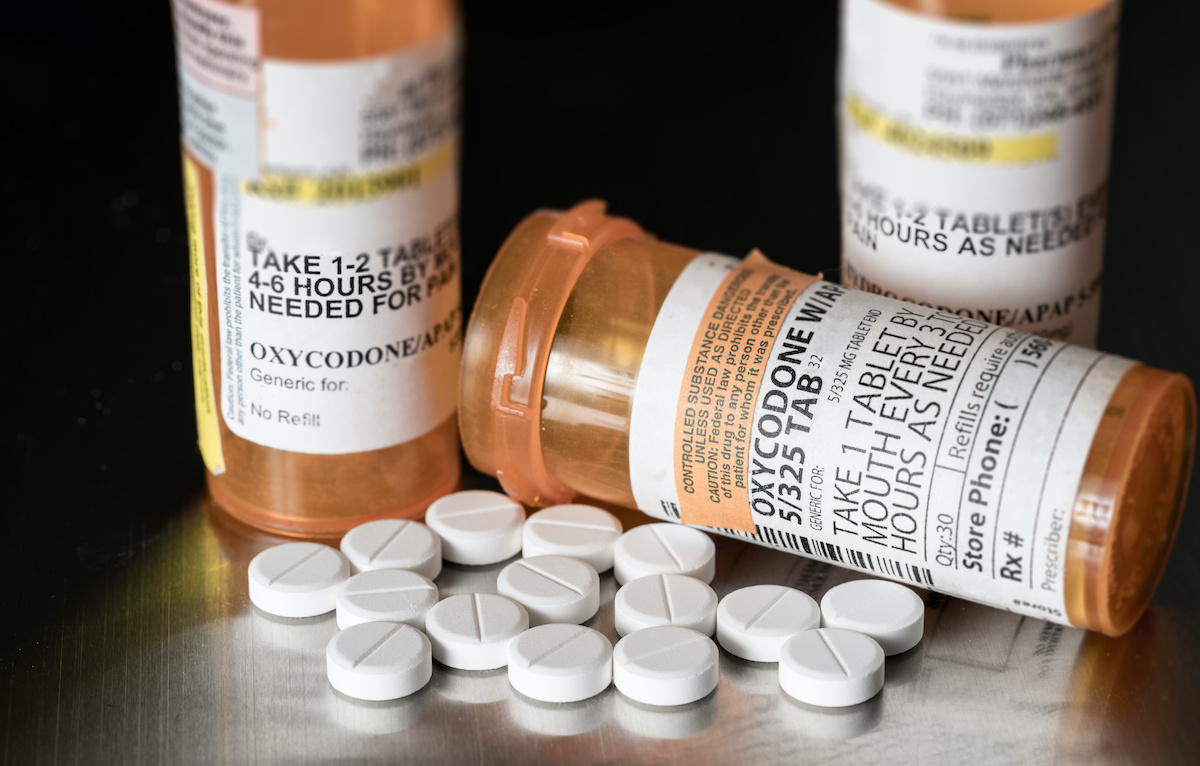
The strips that determine whether a substance contains fentanyl are currently considered paraphernalia in Georgia.
Fentanyl test strips are in a legal gray area because, while they are available online, a police officer could consider them a drug-related object.
That puts a life-saving tool in the same category as a syringe.
The ability to test substances for fentanyl before using them will save lives, Jeff Breedlove with the Georgia Council on Substance Abuse said.
“You know, fentanyl is in everything,” Breedlove said. “It’s commonly associated with heroin, but the fact of the matter is it can be in anybody’s drug of choice. It can be in anything, anywhere, at any time.”
The sentiment was echoed by public health leaders at the Rx and Illicit Drug Summit this week in Atlanta.
It’s the largest annual gathering of those responsible for addressing the U.S. opioid and addiction epidemic.
Much of this year’s summit focused on fentanyl-related deaths, especially among adolescents seeking prescription medications like Xanax.
Dr. Nora Volkow, the director of the National Institute on Drug Abuse, said teenagers typically favor prescription medications like benzodiazepines, stimulant medications, and opioid analgesics such as hydrocodone, Vicodin or OxyContin.
The number of illegally manufactured pills increased nearly eightfold during the pandemic, she said.
“And those illicitly manufactured prescription drugs have been estimated, 30% to 40% of them, to contain fentanyl doses that are sufficient to kill you,” Volkow said.
Gov. Brian Kemp is expected to sign legislation that will eliminate the gray area in the existing law that makes it a crime to carry these test strips.
“I’m confident that he will continue that leadership by clearing up the legal ambiguity around this so that law enforcement officers, if they choose to have it in their community, can have it and they wouldn’t be themselves breaking the law,” Breedlove said.
Fentanyl-related overdose deaths have spiked since the start of the pandemic, rising more than 106% between May 2020 and April 2021, according to the Georgia Department of Public Health.
This article appears on Now Habersham in partnership with GPB News






